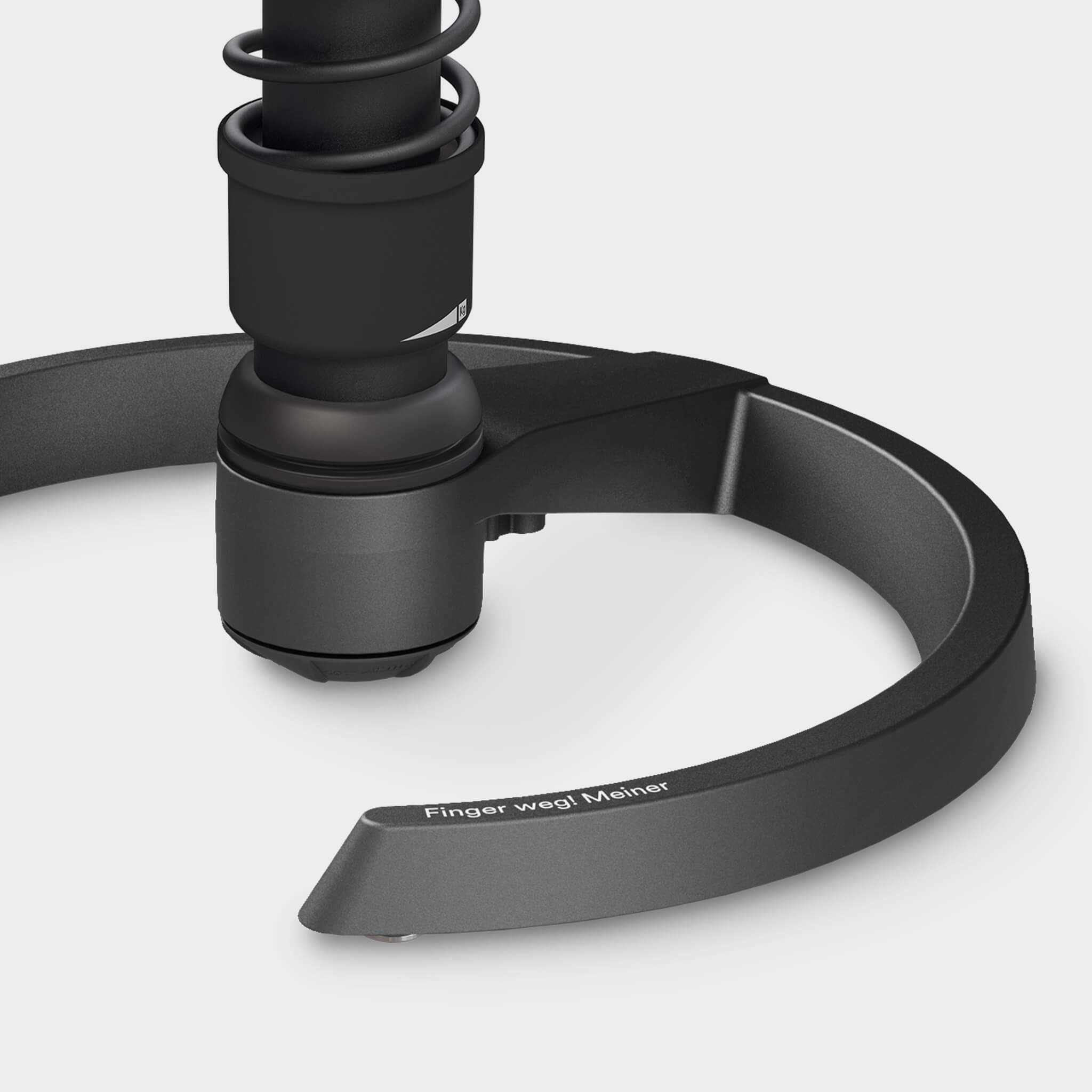What does concentration mean?
The term concentration comes from the Latin word concentra (= together to the centre). In psychology, concentration is the intentional focusing of attention on a subject. This topic can be a goal or the solution of a task. The better or higher a concentration ability is, the longer a person is able to focus on this goal.Where does lack of concentration come from?
Many factors influence how well someone can concentrate. The concentration span of children is often much shorter than that of adults. They react more quickly to sources of disturbance and also get tired more quickly.Nevertheless, it happens again and again to adults that they are unfocused. This can have many reasons, for example frustration, lack of motivation, multiple tasks/topics at one time (= overload), stress and fatigue or psychological problems.
 Work pain-free and more concentrated with ergonomic office furniture such as the office chairs Aeris Swopper and Aeris Numo Task
Work pain-free and more concentrated with ergonomic office furniture such as the office chairs Aeris Swopper and Aeris Numo TaskCan you learn to concentrate?
You can't force concentration, but you can practice to improve attention and extend attention spans. There are a number of simple tricks and exercises that anyone can use. Topics and tasks can be divided into small steps, so you achieve partial success, which is motivating. One should not put oneself under pressure, but also allow mistakes. In some circumstances, it helps to change the order of tasks and perhaps start with a topic that is easy for you. To keep track of tasks: write them down and check them off. Take three steps in between, let your eyes wander sometimes and, above all, drink enough, eat healthy food and get enough sleep - the brain needs fluids and energy to function well.Those who have serious concentration problems should consider professional concentration training or learning autogenic training.
External influences on concentration
The easiest way is to exclude or mitigate external sources of interference as far as possible. This includes introducing a system on the desk, if possible fixed telephone times, e-mail times or visiting times, excluding noise or, if necessary, replacing lighting. Other crucial factors are sufficient breaks, fresh air and, last but not least, ergonomic office furniture. After all, if you have to worry about whether you're sitting properly and pain-free at your desk or workstation, you can't concentrate on the task at hand. Flexible office chairs such as the Aeris Swopper or Aeris Numo Task allow a lot of movement and thus improve the ability to concentrate.
Flexible office chairs such as the Aeris Swopper or Aeris Numo Task allow a lot of movement and thus improve the ability to concentrate.Improve concentration with movement
A study conducted by the Johannes Gutenberg University in Mainz investigated the extent to which dynamic sitting on the Aeris Swopper influences the ability to concentrate.Due to the flexible 3D technology of the Aeris Swopper the office chair allows twice as much movement as on conventional chairs. It follows the user's movements in all directions, promoting a natural and active sitting posture.
The blood circulation and thus the oxygen supply are promoted by the active sitting to an extent that the Brain activity and the ability to concentrate is measurably increased in the long term.
With the Aeris Swopper and also other Aeris active office chairs such as the Aeris Numo Task or Aeris 3Dee you can not only sit ergonomically and do something good for your back, but also significantly increase your ability to concentrate.
